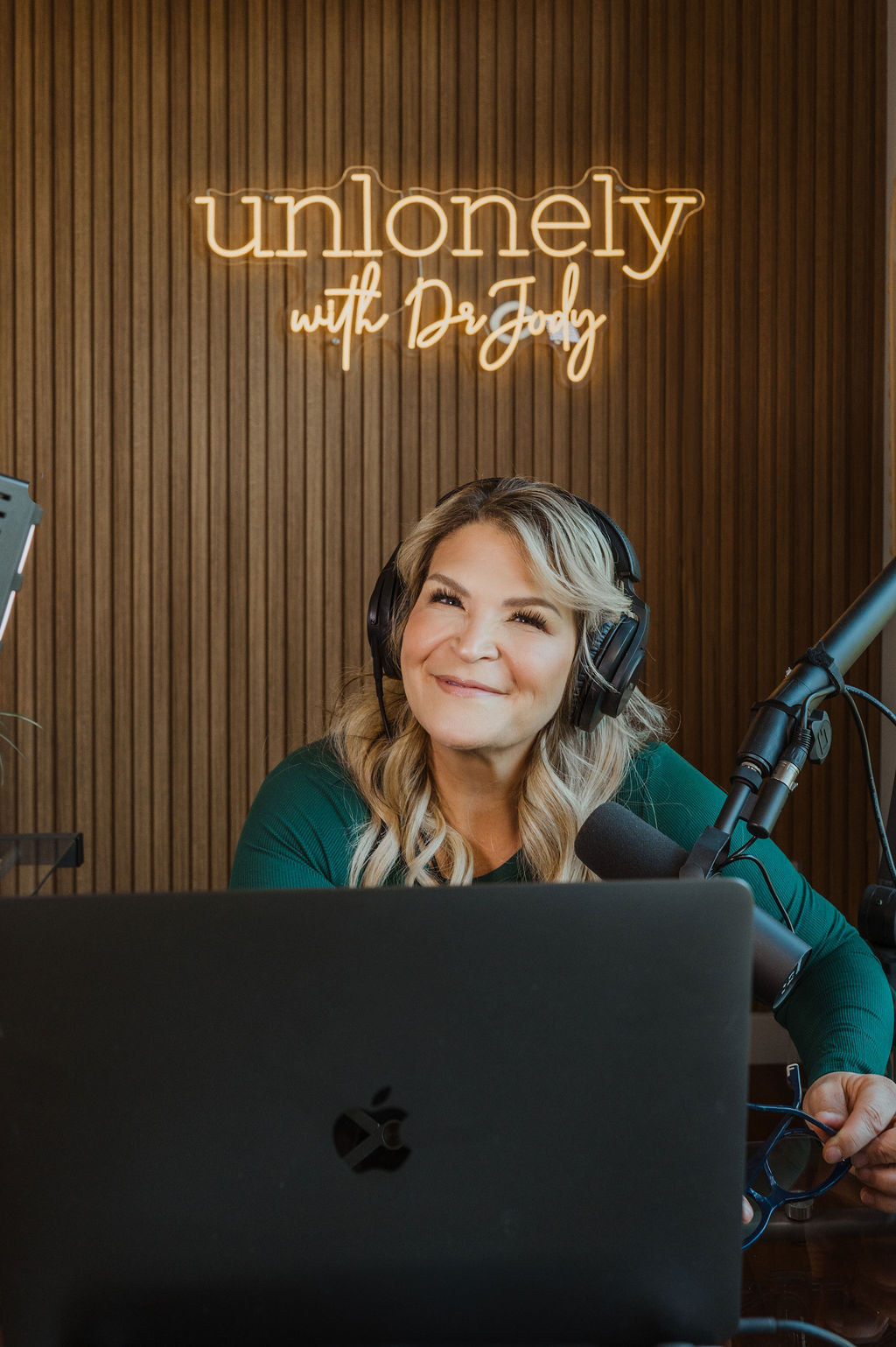Focus on the good. Find your happiness. Bring on the joy. All these quips look great on a mug, but are they helpful for those going through real suffering? Grief, loss, a tough diagnosis?
Yes and no.
Being authentically grateful takes hard work. Being positive in the “toxic” sense means you’re burying those “bad” feelings, caught in a state of emotional denial. The sky is literally falling, and the latter person is saying, “I’m fine! Everything is great.” See the difference?
I speak about the need to focus on moments of joy with a lot of my clients, and it has particularly benefited anxious kids and anybody who has gone through a big trauma in their lives. Therapy helps us look at things differently and gets us get back into our bodies to focus on the bigger picture—the things that matter and all the simple delights along the way.
One of the most prominent researchers in the scientific study of happiness, Shawn Achor, says there is a "happiness advantage" to those who see the world from a more positive perspective. I love his words: "The most successful people, the ones with a competitive edge, don't look to happiness as some distant reward for their achievements, nor grind through their days on neutral or negative; they are the ones who capitalize on the positive and reap the rewards at every turn."
But gratitude is a practice, unfortunately, not something we’re just given. Like swinging a golf club or learning a math equation—it requires repetition to improve. It’s funny that we have these overflowing schedules but somehow no time for (maybe) the most important action item: “gratitude practice”.
Find a few minutes to think about all you’ve got, instead of what you don’t. Abundance is all around us, if you can just slow down to see it. Everything is easier when we’re operating from a place of gratitude. When we search for moments of joy throughout our day, they serve to keep our heart in a happier place, even when difficulties arise.







Lorem ipsum dolor sit amet, consectetur adipiscing elit. Suspendisse varius enim in eros elementum tristique. Duis cursus, mi quis viverra ornare, eros dolor interdum nulla, ut commodo diam libero vitae erat. Aenean faucibus nibh et justo cursus id rutrum lorem imperdiet. Nunc ut sem vitae risus tristique posuere.